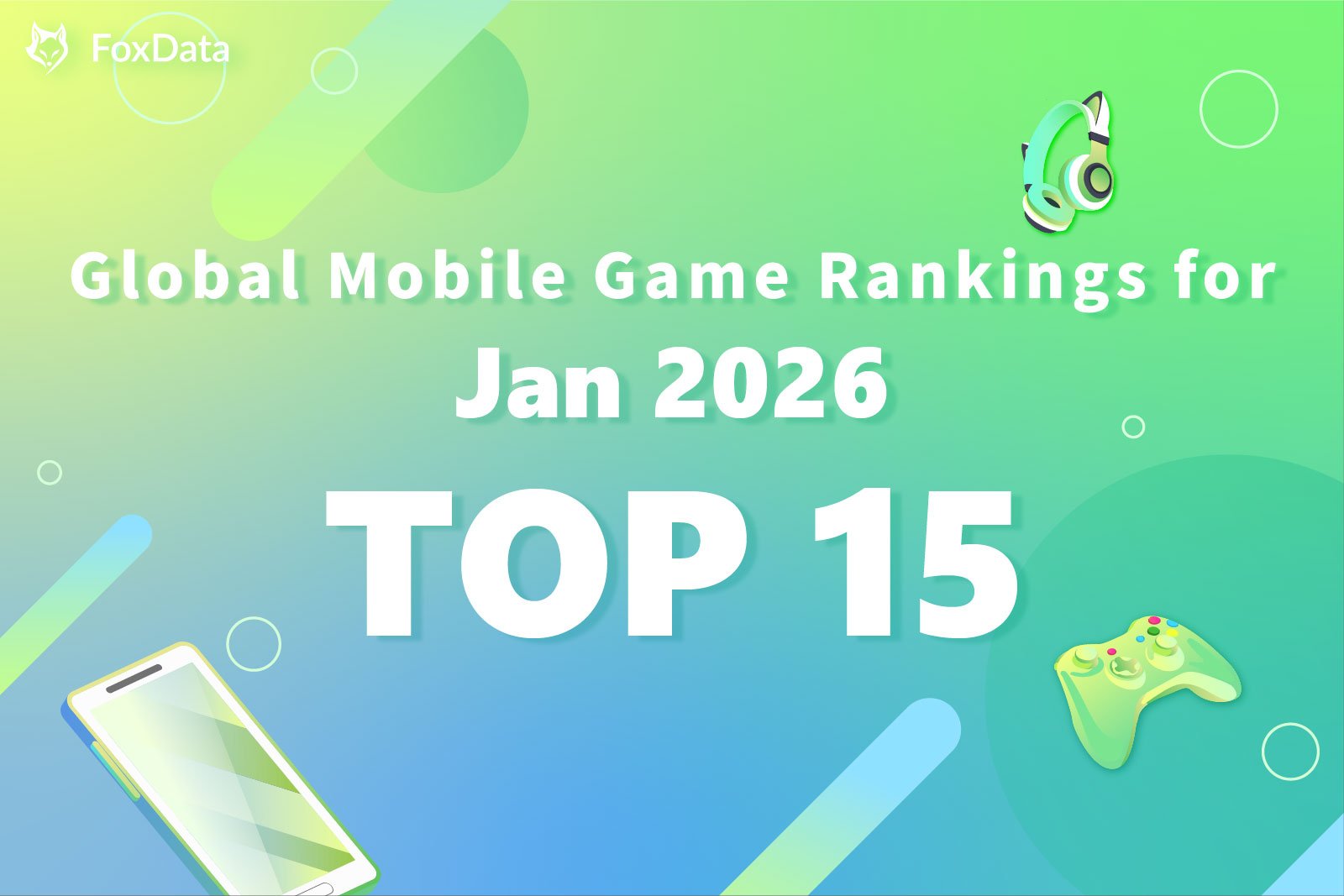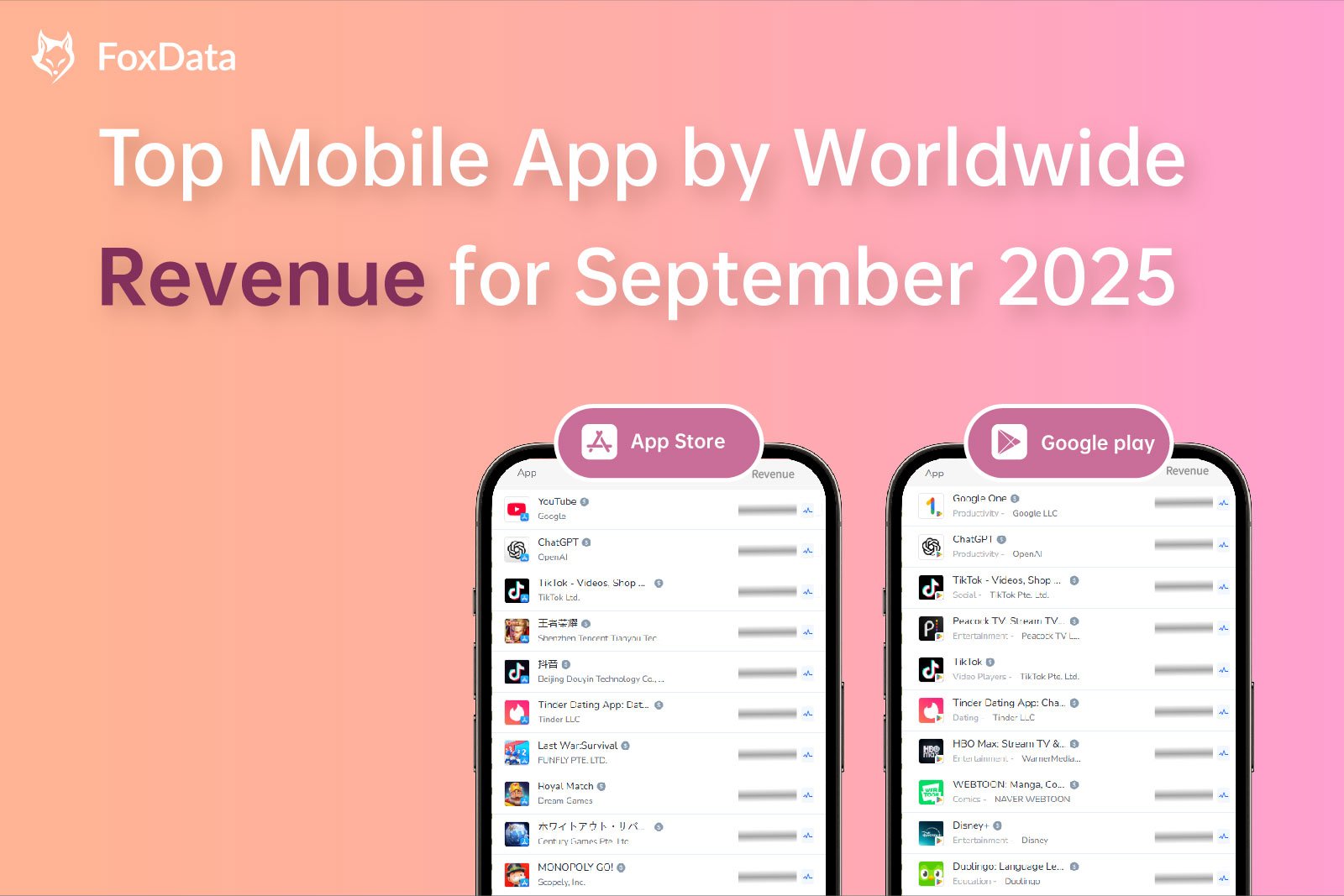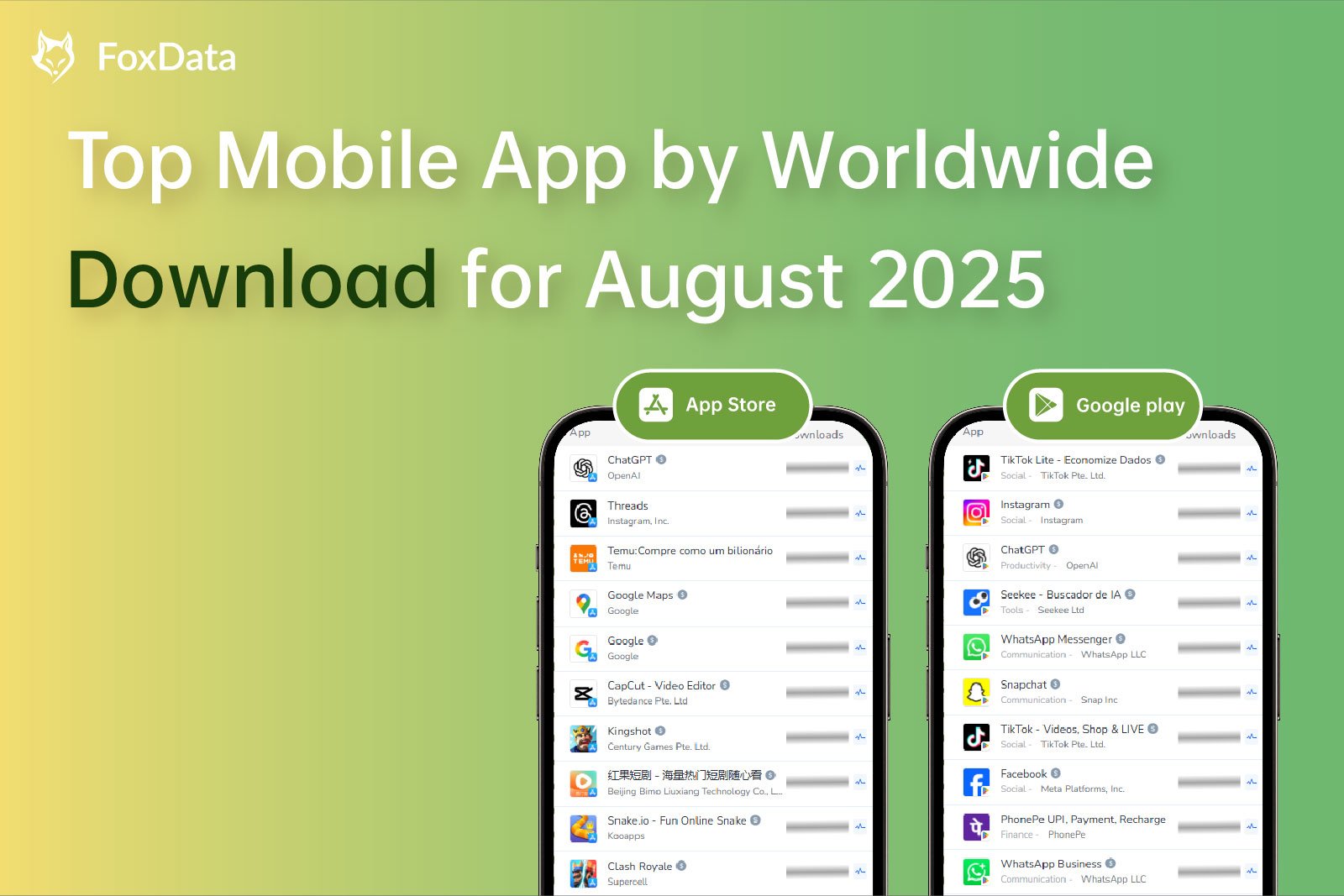From Gossip Harbor to Flambé: How Microfun Is Building the Next $100M Hit With Data and Lean Ops

After successfully creating two synthesis-based hits with monthly revenues exceeding ten million—"Gossip Harbor®: Merge & Story" and "Seaside Escape®: Merge & Story"—Lemon Micro-Fun has once again ramped up its efforts. Recently, the company launched a new Merge-2 (dual-function) game titled "Flambé: Merge and Cook" in overseas markets.
This title no longer follows the heavily plot-driven approach of its predecessors but instead focuses on the combination of "synthesis and restaurant management," seeking a faster-paced breakthrough from its core gameplay mechanics.
Gossip Harbor®: Merge & Story consistently generates monthly revenue exceeding ten million USD
Seaside Escape®: Merge & Story also demonstrates excellent performance
Since its launch, Flambé has expanded into over 170 countries and regions. Despite limited marketing investment, its peak daily revenue has reached $300,000, demonstrating strong user monetization potential and high retention prospects. Comparing this to Lemon Micro Fun’s previous new game launch strategies, it appears that Flambé has been internally prioritized as a strategically significant product for focused development.

But what truly enabled Flambé to grow from initial testing to global expansion in just nine months—skipping over repeated trial and error and accurately targeting market gaps and genre whitespace—was not just its differentiated design. It also owed much to the robust support provided by one-stop data intelligence platforms like FoxData, which offered critical insights into competitive landscape analysis, ad creative performance, user valuation cycles, and more.
So, what kind of game is Flambé exactly? Why is its testing and launch strategy so precisely-paced? And behind this high-efficiency short-cycle operation, what role did FoxData play?
Dive into the latest global app delisting data to uncover key trends, platform insights, and what app removals reveal about the app market in November 2025.
We will analyze this new game's cold start process from multiple dimensions, revealing a data-driven blueprint for creating breakout hits.
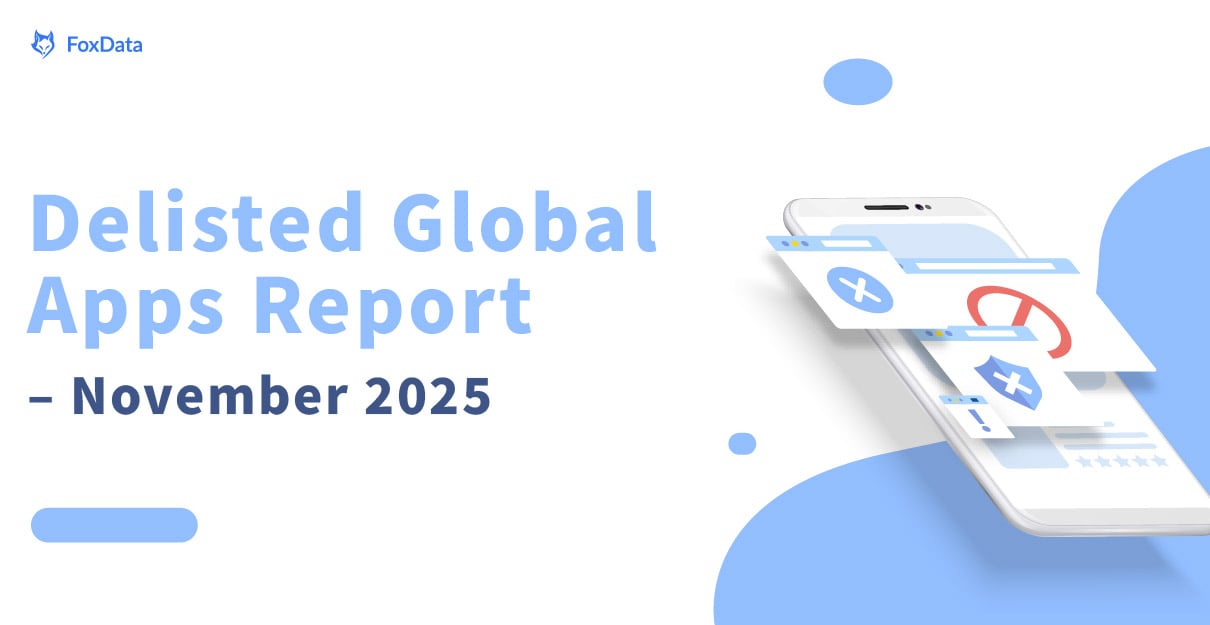
In Just 9 Months, Flambé Unlocks Strong Potential Through Lean User Acquisition
Merge games have continued to capture market attention in recent years—especially the faster-playing, more streamlined Merge-2 subgenre, which has shown rapid growth in underserved and midcore mobile markets, thanks to its easy onboarding and high engagement.
Top publisher Microfun is a typical example of success in this category. Its two story-driven Merge-2 hits, Gossip Harbor®: Merge & Story and Seaside Escape®: Merge & Story, now maintain a combined monthly revenue of over 400 million RMB (~$56 million USD), topping genre charts on both App Store and Google Play in multiple regions.
However, the growth ceiling of such story-driven Merge games is gradually becoming apparent: the thematic concentration is increasing, user interest is shifting faster, and due to creative asset repetition, user acquisition costs are rising as ad fatigue sets in.
Against this backdrop, Microfun quietly launched its new title Flambé: Merge and Cook (hereinafter referred to as "Flambé") with a very different positioning: instead of focusing on story depth, it revolves around a "merge + restaurant management" hybrid gameplay loop that redefines player motivation, emphasizing fast-paced merging mechanics and flavorful visual aesthetics. It’s closer in spirit to lightweight business sims like Merge Cooking aimed at mainstream female audiences.
According to relevant data, Flambé began its soft launch in October 2024, starting with low-volume testing on the UK and Canada App Store. From early 2025, it gradually expanded to other testing territories, including select African regions on Google Play, and initiated global promotion in April. By May, it had officially entered the U.S. market. From zero to global scale, the overall testing window was kept under 9 months—marking it as one of Microfun’s most efficiently launched merge titles to date.
Based on the data:
- As of June 13, 2025, the cumulative downloads of "Flambé" have exceeded 800,000, with nearly 500,000 downloads contributed in the past month.
- The majority of downloads originate from the United States (73.85%), followed by Canada (4.73%) and the United Kingdom (4.07%).
- The current version's daily downloads fluctuate between 15,000 and 22,000, with approximately 70% of users accessing via the App Store.
- The average daily revenue has reached $14,000, with total revenue approaching $600,000.
- The United States, United Kingdom, and Japan are the primary revenue sources, accounting for 30.28%, 12.23%, and 6.32% of total income, respectively.
Considering the current intensity of user acquisition and market performance, Flambé is still in the "data validation + preliminary revenue screening" phase, and has not yet entered a typical aggressive commercialization cycle. The structuring of its ad creatives also indicates a stronger focus on capturing real user behavior data and early-stage monetization performance—reflecting a market rhythm shift in the merge genre’s maturity phase, where platforms are increasingly sensitive to Day 1 retention and LTV metrics.
It’s worth noting that some publishers with strong user acquisition optimization capabilities are increasingly inclined to use ad intelligence and competitor analysis tools like FoxData. These tools enable multi-layered analysis of user value by country, creative effectiveness, and competitor lifecycle trends—supporting titles like Flambé that prioritize high-quality creatives and authentic testing over sheer volume.
Overall, Flambé’s cold start reflects Microfun’s consistently methodical approach, with a strong emphasis on investment efficiency and data accuracy during testing. This signals that the game may carve out a more "refined" breakout path amid today’s constrained UA environment.
From Narrative Merge to Vertical Management: Microfun’s Evolution and Diversification
Microfun has never been a studio known for rapid-fire releases or scattershot product pipelines. On the contrary, it specializes in maximizing long-term operational efficiency through highly concentrated product strategies and precision performance marketing.
2021 marked a pivotal year in Microfun’s push into global markets. In May of that year, it launched Merge Fables—its first official global release in the merge genre—featuring Merge-3 mechanics combined with simulation gameplay. The market response was promising: within six months of launch, monthly revenue peaked at 16.4 million RMB (approx. $2.3 million USD). To date, the game has generated over $10 million in total revenue, with over 55% coming from the U.S. market.
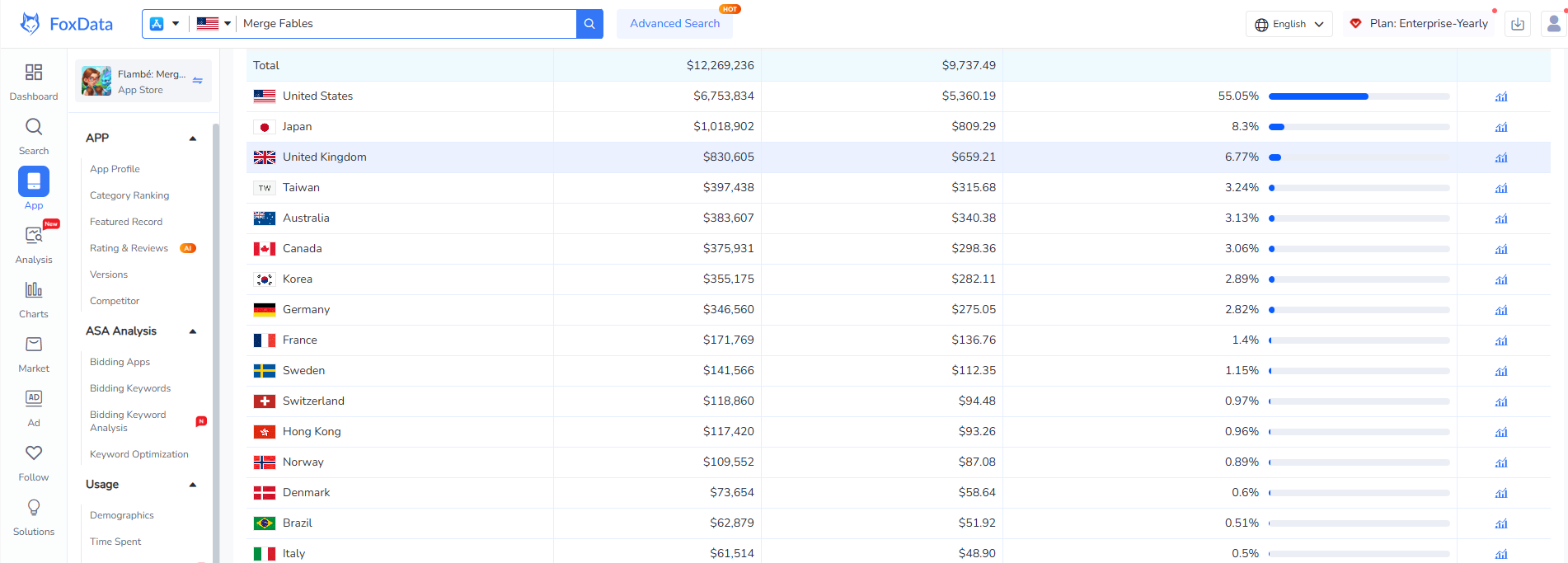
Shortly after, in November of the same year, Merge County was launched with an even higher emphasis on narrative. It has since surpassed $20 million in cumulative revenue, with nearly half coming from the U.S. market.
The real turning point came in 2022, when the release of Gossip Harbor opened up a new growth avenue for Microfun’s revenue. By combining the Merge-2 mechanic with a deeply immersive storyline, the game shot to the top of the global Merge game revenue charts. The U.S., Japan, and the U.K. became its top three revenue-generating markets.
Seaside Escape followed a similar path, while exploring different thematic directions.
We address your challenges with tailored data-driven solutions for each pain point.
From insights to revenue, FoxData mobile game analytics solution integrates competitive intelligence, smart user acquisition, market predictions, and player value optimization.
The Innovation Cycle for Merge Games Is Compressing — and Data Matters More Than Ever in Spotting the Next Hit
Following the generational shift from Merge-3 to Merge-2, the Merge genre in 2024 is now entering a critical transition from being creativity-driven to efficiency-driven.
Microfun has now clearly established a stable "revenue hub" around the Merge genre, comprising two classic Merge-3 products (Fables and County), two story-driven Merge-2 blockbusters (Gossip Harbor and Seaside Escape), and the newly emerging management-driven Merge-2 product Flambé.
Unlike the past two years where hit games often relied on large-scale marketing budgets to ignite growth, more and more global developers are now leveraging specialized data analytics platforms like FoxData to build precise pre-market intelligence and creative performance diagnostics—not just to control budget spend, but to optimize ad efficiency and reduce the decision-making cycle.
Whether Flambé can advance into Microfun’s “third-tier hit lineup” will hinge on whether it can maintain growth in both DAU and ARPU once ad investment scales up in the next phase.
But what’s clear is that Microfun’s development playbook has evolved from one reliant on aggressive ad spend to one driven by data-informed strategy.
For developers continuing to invest in the Merge category, Flambé offers a high-efficiency cold start blueprint—one that emphasizes thorough product validation over heavy early-stage user acquisition. Whether it’s choosing a genre, designing the core gameplay loop, or crafting an overseas go-to-market strategy, data intelligence tools have increasingly become an indispensable force in the production value chain.
—
As you can see, this approach doesn’t chase viral luck—it follows proven methodology. It doesn’t brute-force conversions—it lets data determine the tempo.
And that might just be what defines the next generation of breakout hits—not luck, but calculation.
A great game deserves to be discovered by more players. But in today’s hypercompetitive market, creativity alone is no longer enough.
If you’re building the next Merge game—or if you’re in the early-stage testing, creative experimentation, or market selection phase—why not let data and algorithms guide you to work smarter and more efficiently at every stage?
FoxData is a data intelligence platform built for product teams, UA specialists, and strategic decision-makers. It provides:
✅ Category trend monitoring to assess changing market heat
✅ Global ad creative intelligence to quickly identify high-performing concepts
✅ Regional Market Surveillance
Set the right direction from day one—let data be the spark behind your next overseas hit.
👉 Try FoxData for free now, and unlock 30 days of full-featured data insight.



